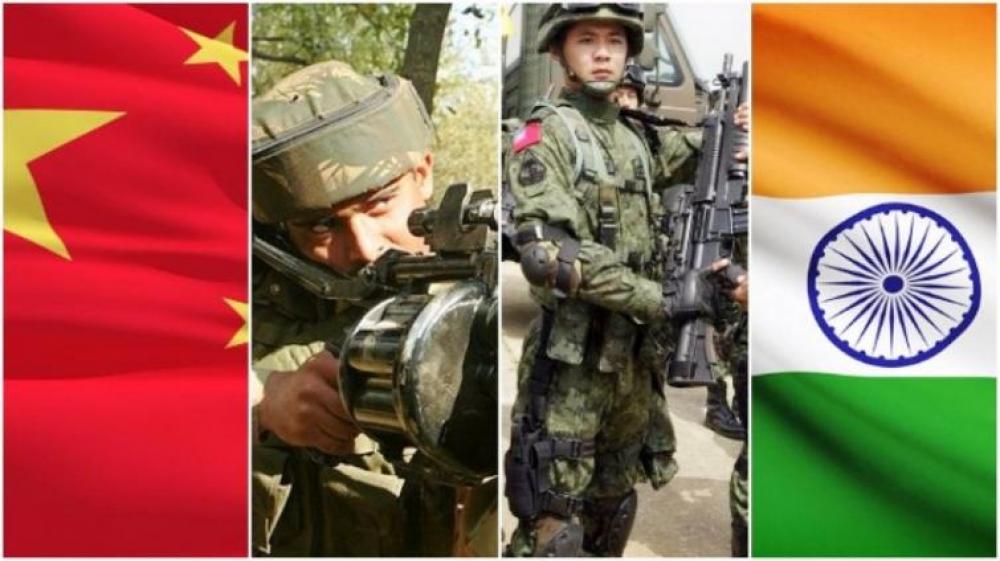Just Earth News | @justearthnews | 28 Jun 2020, 04:18 am Print

New Delhi: A senior Tibetan leader has accused China of betraying India on several occasions despite having signed the Panchsheel Agreement in 1954.
He made the comments at a time when India and China were engaged in a violent standoff in the Galwan Valley recently.
The violent faceoff left 20 Indian soldiers dead.
Tibetan Youth Congress chief Gonpo Dhondup told ANI: "Former Indian Prime Minister Jawaharlal Nehru visited China and signed the Panchsheel Treaty (The Five Principles of Peaceful Coexistence). India has maintained friendly relations with China, but China is betraying India globally."
"After the Panchsheel Treaty, there was a war in 1962. And despite the dialogue there was another war in 1967 (The Nathu La and Cho La clashes) and there is a continuing war in 1975," he said.
He said India should not trust China.
"What China does is, first they encroach 20-30 kms of the territory and after continuous dialogue they step back 2-3 kms. So, they have already intruded 17-18 km of the Indian Territory. So, the Indian government has to take a strong and concrete system to deal with the communist government in China," Dhondup added.
He said the people of Tibet are concerned about the situation in Ladakh.
"We have a historical record that Tibet remained a buffer zone between India and China for centuries. Till 1959, there was no direct relation between India and China because of Tibet as there was a buffer zone between these two giant nations. After China's illegal occupation of Tibet, His Holiness Dalai Lama along with 80,000 people were forced to seek refuge in India, Bhutan, and Nepal," the youth leader asserted.
- Ali Khamenei (1939–2026): Iran’s Supreme Leader who ruled with an iron grip
- Trump signs 10% global tariff, says it takes effect ‘almost immediately’
- BJP wins a seat in Bangladesh — But not the one you think!
- Meet Shabana Mahmood: Could she take over as UK’s first Pakistani-origin Muslim PM?
- Dalai Lama's Office breaks silence on Epstein claims





-1763561110.jpg)
